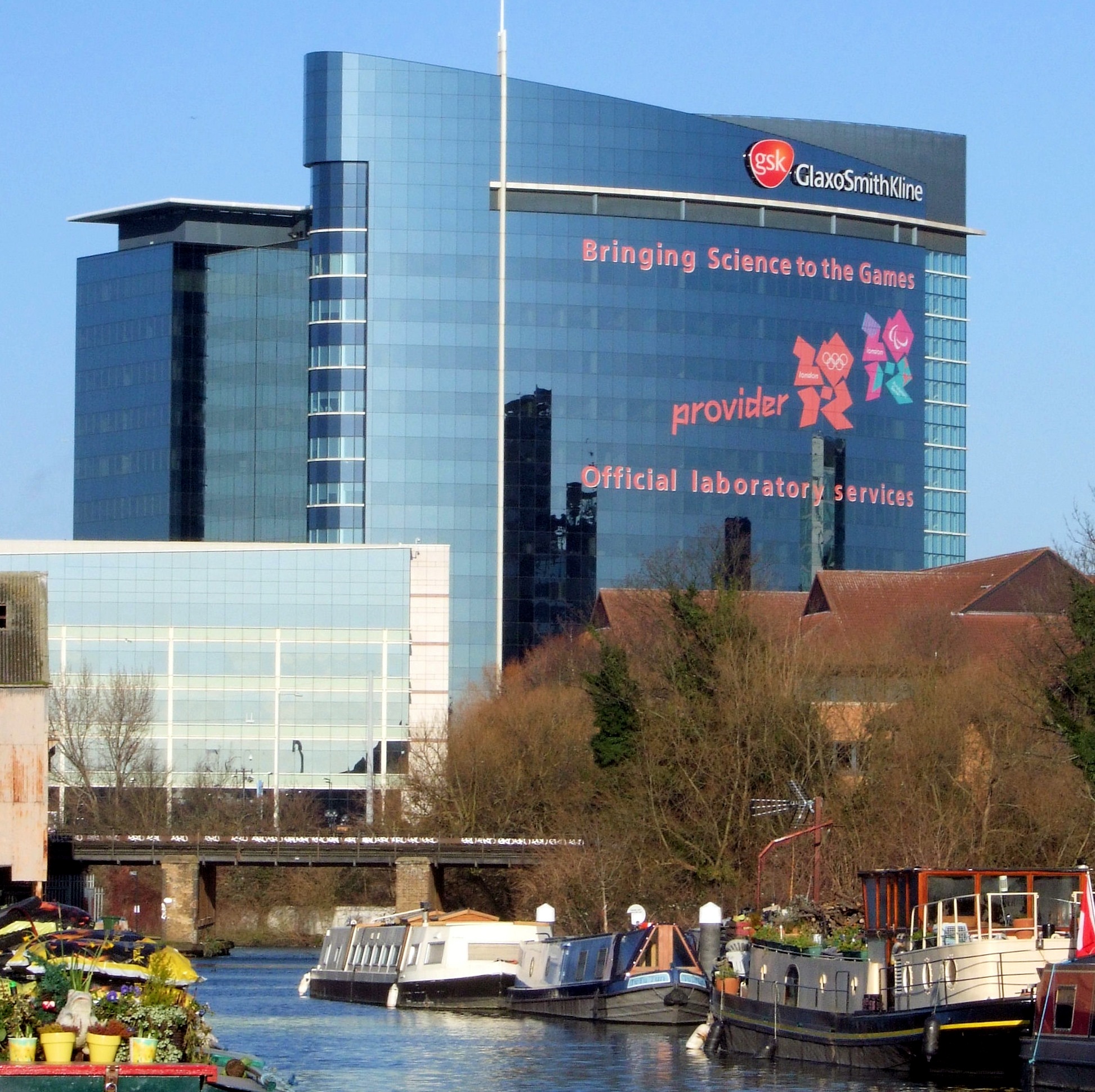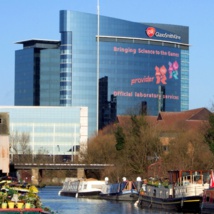General Director of the British pharmaceutical company GlaxoSmithKline, Andrew Witty, said they intend to abandon the practice of medicines patenting in the poorest countries (there are about 85 of them). GlaxoSmithKline intends to continue its patenting in the markets with incomes below the average, but will issue licenses to generic manufacturers for the production of inexpensive generic versions of their drugs. The license for the production of analogues in those countries - and there are about 50of them, including Vietnam, Cameroon and Sri Lanka, will not be expensive, told Mr. Witty. As a result, the inhabitants of these countries - about 2 million people - will have access to inexpensive generics of GlaxoSmithKline’s medicines. The CEO expressed the hope that they will "push progress" towards better access to medicines.
So far, the British company has their drugs patented in most countries with incomes below the average, as well as in poor countries with local patent offices. A result of this, as noted by Mr. Witty, generics manufacturers refrained from producing cheap analogues on these markets out of fears that large pharmaceutical companies, including GlaxoSmithKline, would sue them.
The decision to abandon the patent will not have a significant affect in sales or profit of the company, said the head of GlaxoSmithKline, as these countries do not have well-developed pharmaceutical markets. He cited an example of India - the largest market for British companies in terms of volume, where a flexible approach to patents of intellectual property have not caused harm. Since India is one of 20 industrial and developing countries, GlaxoSmithKline patents their drugs there, but does not stick to a too tight line in protecting intellectual property rights. At the same time, GlaxoSmithKline sells the drug for "Indian prices" there and successfully competes with generic manufacturers.
GlaxoSmithKline is confident that the situation with the provision of medicines in poor countries will improve thanks to their decision. However, some experts have expressed doubts about this. Director of Policy and Protection organization "Doctors without Borders" Rohit Malpani told the WSJ that although GlaxoSmithKline took a step further on in this issue, the effect will be negligible. He says that 48 countries, classified as least developed by UN estimates, have been already exempted from patent medicines to 2033. Besides, the expert noted that three-quarters of the poorest people in the world do not live in poor but in middle-income countries, so they will not be able to derive any benefits from GlaxoSmithKline’s solutions.
source: wsj.com
So far, the British company has their drugs patented in most countries with incomes below the average, as well as in poor countries with local patent offices. A result of this, as noted by Mr. Witty, generics manufacturers refrained from producing cheap analogues on these markets out of fears that large pharmaceutical companies, including GlaxoSmithKline, would sue them.
The decision to abandon the patent will not have a significant affect in sales or profit of the company, said the head of GlaxoSmithKline, as these countries do not have well-developed pharmaceutical markets. He cited an example of India - the largest market for British companies in terms of volume, where a flexible approach to patents of intellectual property have not caused harm. Since India is one of 20 industrial and developing countries, GlaxoSmithKline patents their drugs there, but does not stick to a too tight line in protecting intellectual property rights. At the same time, GlaxoSmithKline sells the drug for "Indian prices" there and successfully competes with generic manufacturers.
GlaxoSmithKline is confident that the situation with the provision of medicines in poor countries will improve thanks to their decision. However, some experts have expressed doubts about this. Director of Policy and Protection organization "Doctors without Borders" Rohit Malpani told the WSJ that although GlaxoSmithKline took a step further on in this issue, the effect will be negligible. He says that 48 countries, classified as least developed by UN estimates, have been already exempted from patent medicines to 2033. Besides, the expert noted that three-quarters of the poorest people in the world do not live in poor but in middle-income countries, so they will not be able to derive any benefits from GlaxoSmithKline’s solutions.
source: wsj.com



















